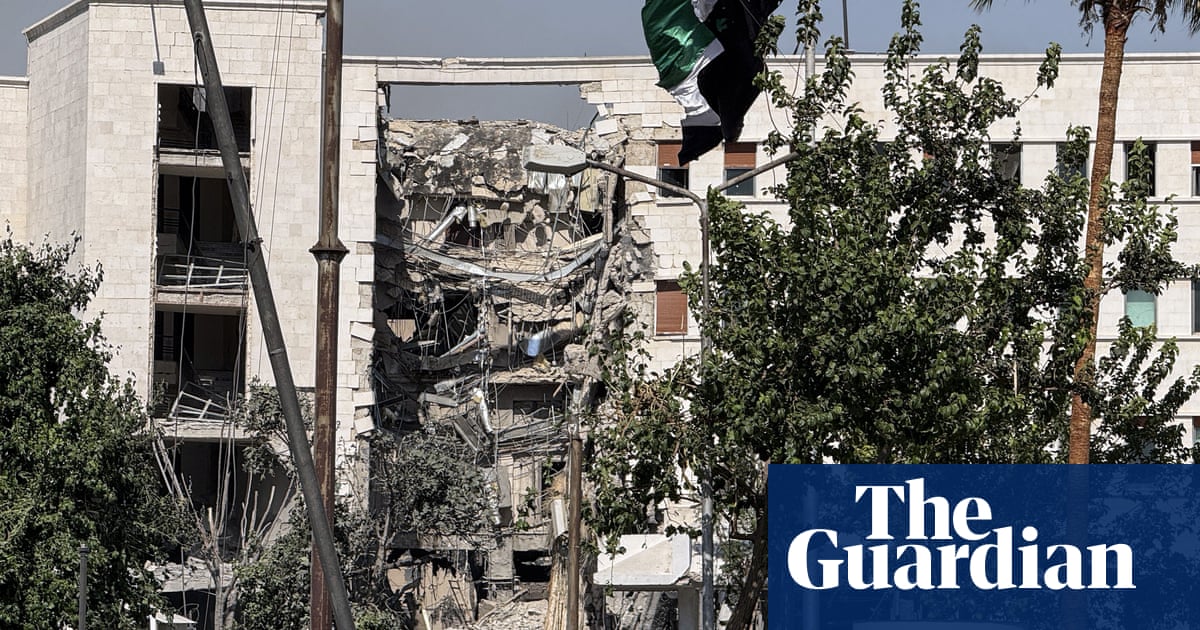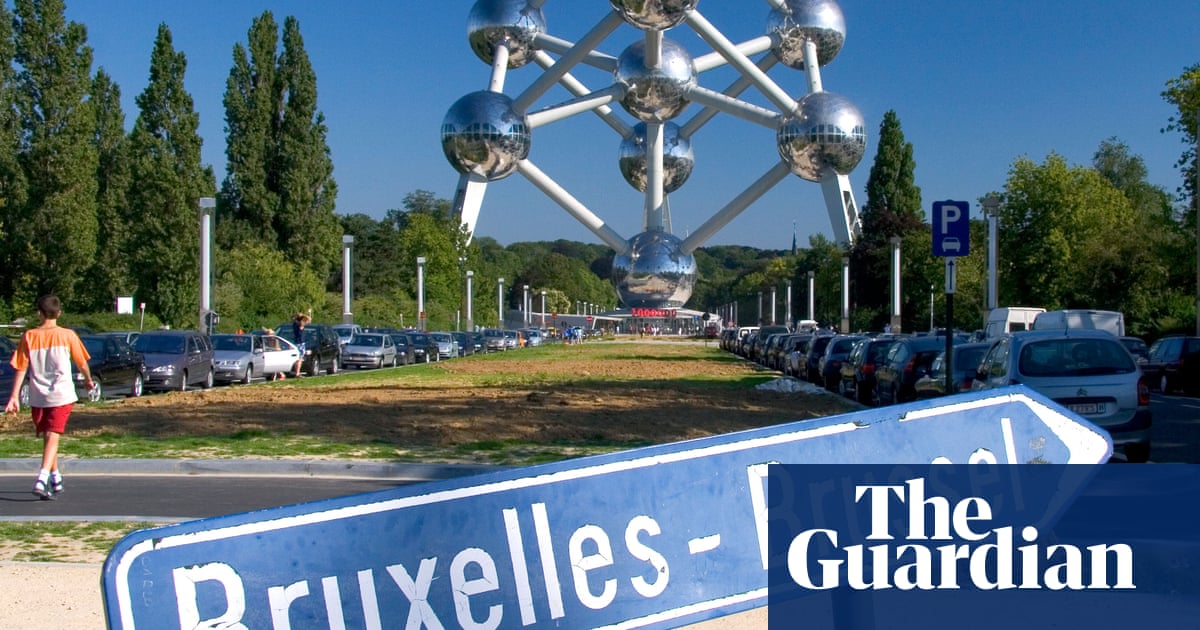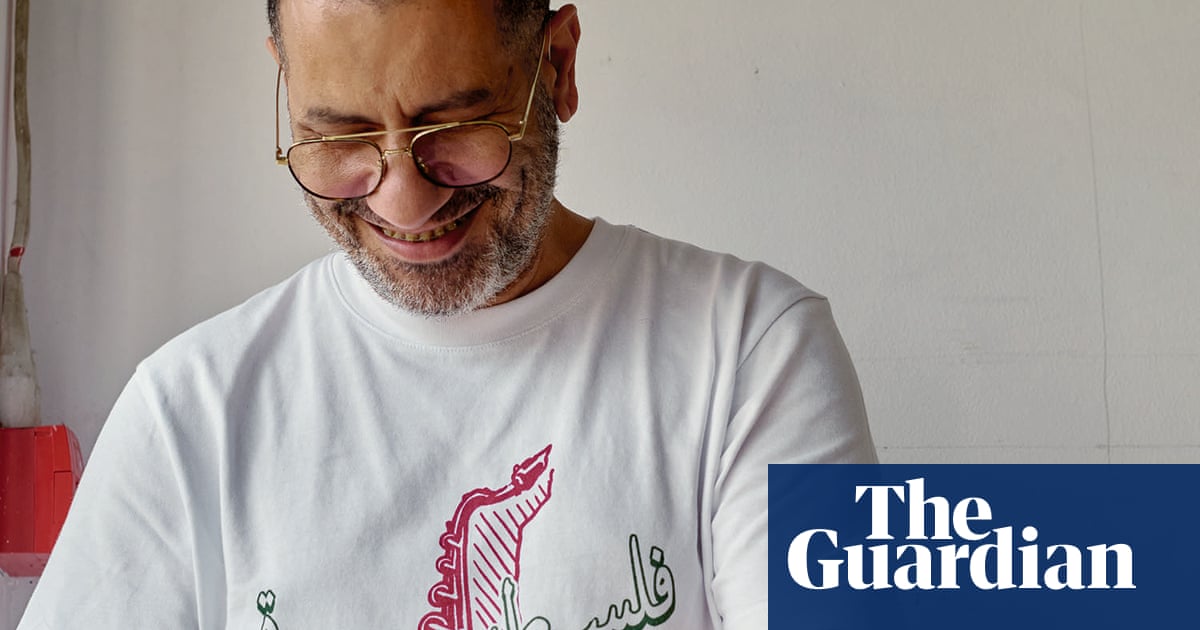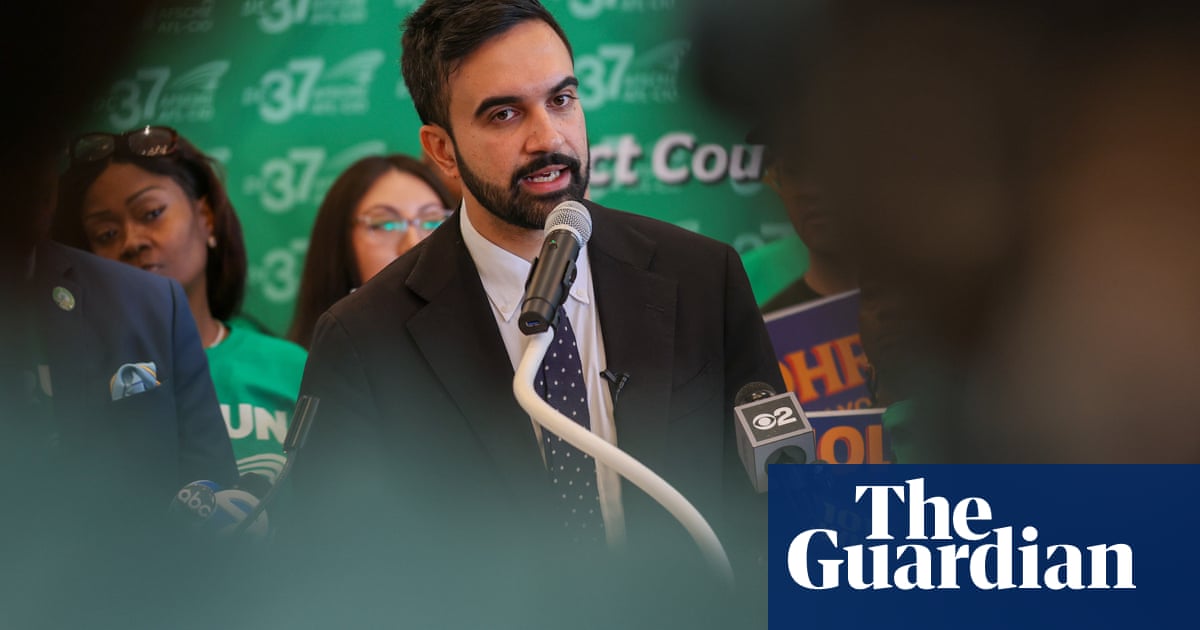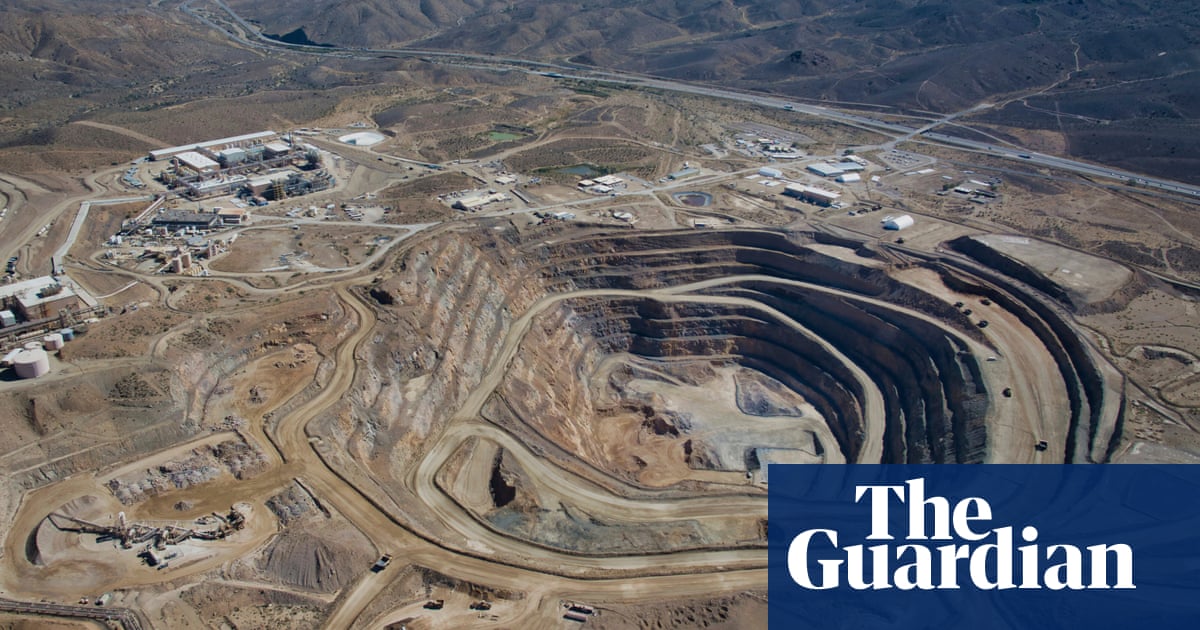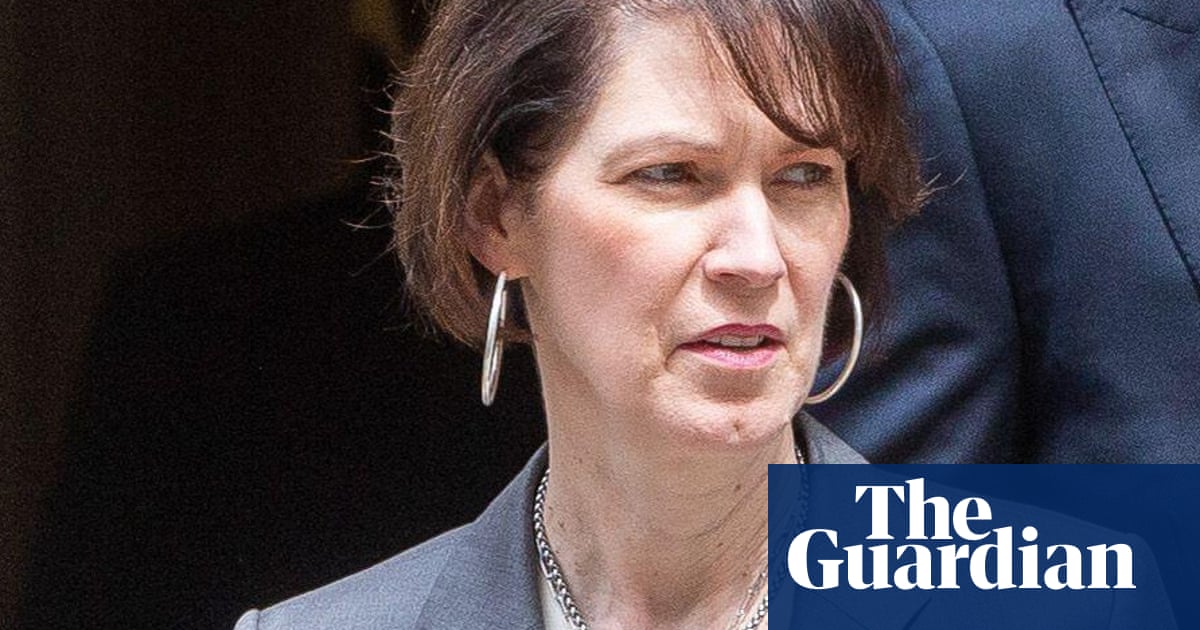Toxic behaviour in British television is jeopardising one of the UK’s most important cultural and economic assets, industry experts have warned.
In the wake of a damaging report from the BBC on Monday that upheld 45 complaints about the former MasterChef presenter Gregg Wallace, leading figures in television said a workforce populated by financially insecure freelance workers remained too scared to speak out about harmful behaviour.
Marcus Ryder, the CEO of the Film and TV Charity, said skilled creative freelancers were leaving the industry in droves, in part because of widespread bad behaviour, worsened by a precipitous drop in work opportunities.
“While it can be relatively salacious when we read about the latest drama of a celebrity misbehaving, what [this behaviour] is really doing is actually jeopardising one of the most important industries that the UK has,” he said. “Film and television is a billion-pound industry … and if we don’t fix this, the reality is that people will leave.”
A recent “state-of-the-nation” survey by the charity, which heard from 4,500 people in the industry, found that 41% of respondents had been subjected to harassment or discrimination in the past 12 months. Of those, more than half (53%) had not report it to bosses. And worryingly, the charity said, 21% of those that did report it said the situation got worse, with only 16% saying it improved.
Ryder said television freelancers – many of whom are dependent on word of mouth to secure vanishingly rare jobs in an industry that has undergone a severe contraction in recent years – still felt “massive fear” about speaking out. The charity’s 2024 Looking Glass report found that almost two-thirds (61%) of respondents said did not speak out because they feared it would stop them from getting work in the future.
An imbalance of power between financially secure “talent” and the freelancers working alongside them exacerbated the situation, said Philippa Childs, the head of the broadcasting union Bectu. “I can’t overstate how fearful people are about this. It really is a huge issue,” she said.
“People with a bit of fame because they’ve been on television, they’re all powerful. People think: ‘I’m going to keep my head down. I’m not going to complain. I want to have work in the future, so I’ll just put up with this behaviour until it comes to the end of my contract and I can go away and recover.’”
The Bafta-nominated director Tina Gharavi said that in an industry marked by a significant lack of job security, workers were constantly forced to think about their future prospects.
“This climate of uncertainty discourages people from speaking out about injustices, mistreatment or systemic issues for fear of being blacklisted, labelled as ‘difficult’, or having their careers jeopardised,” she said.
“Those fears are even more acute for Black individuals, people from diverse backgrounds, and disabled members of our community, who already face systemic barriers, underrepresentation and heightened scrutiny.”
One expert said the spotlight that high-profile scandals put on the industry had sparked a series of positive initiatives and greater awareness. Delyth Thomas, a drama director who co-founded the not-for-profit Call It! app, which allows production companies to anonymously flag bullying concerns, said: “The whole idea is you get a temperature check of what’s going on. Because in the end, you don’t want to get it to crunch time. We want everyone in the industry to behave in such a way that it doesn’t damage people.”
Tim Davie, the director general of the BBC, announced in May after a series of scandals that it would only work with top talent who sign up to a new set of anti-bullying standards in film and TV set by the newly created Creative Industries Independent Standards Authority (CIISA).
At the end of last year, the culture secretary, Lisa Nandy, told the culture, media and sport committee that she had a “dim view” of broadcasters who had not signed up, indicating that the UK government was considering forcing them to do so.

 9 hours ago
5
9 hours ago
5
